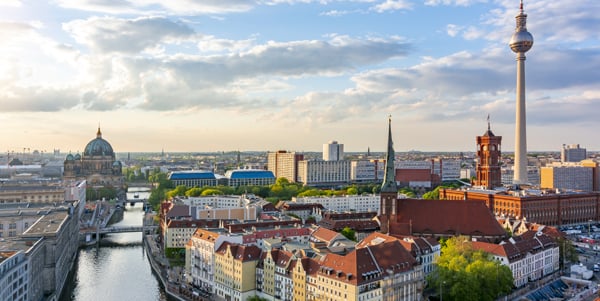
1. Understanding the Driving Culture
Driving in Berlin, like in most major cities, can be a bit challenging due to heavy traffic, especially during peak hours. However, the roads are well-maintained and the signage is clear. Germans are known for their discipline and adherence to rules, so make sure you familiarize yourself with the local traffic laws and regulations.
2. Choosing the Right Car
Compact cars are recommended for driving in Berlin due to their maneuverability and ease of parking. However, if you plan to travel outside the city frequently, a larger car might be more comfortable. Diesel cars are common in Germany, but be aware of the environmental zones (Umweltzone) in Berlin where only cars with a certain emission sticker are allowed.
3. Parking in Berlin
Finding a parking spot in Berlin can be difficult, especially in the city center. Most parking spaces are metered, and the cost can add up quickly. There are also parking garages available. It’s advisable to use public transportation or bike for daily commuting and save the car for longer trips.
4. Driving with an International License
Foreigners can drive in Germany with an international driving permit (IDP) for up to six months. If you plan to stay longer, you will need to obtain a German driving license. Note that not all countries’ licenses are exchangeable, so check with the local authorities.
5. Obtaining a German Driving License
If your home country’s driving license is not directly exchangeable, you will need to take a theoretical and practical driving test. First, you need to apply at the local driving license office (Führerscheinstelle) and provide necessary documents like ID, residence permit, and a vision test. Then, you will need to attend a first aid course and pass the tests at a driving school (Fahrschule).
6. Adhering to Speed Limits
While Germany is famous for its Autobahn with no speed limit, this is not the case in urban areas like Berlin. The standard speed limit in the city is 50 km/h, and there are numerous speed cameras. Always adhere to the speed limits to avoid hefty fines.
7. Using Navigation Systems
Using a GPS or smartphone navigation system can be very helpful when driving in Berlin, especially if you’re not familiar with the city. It can guide you to your destination and help you avoid traffic jams. However, make sure to set your destination before you start driving to avoid distractions.


